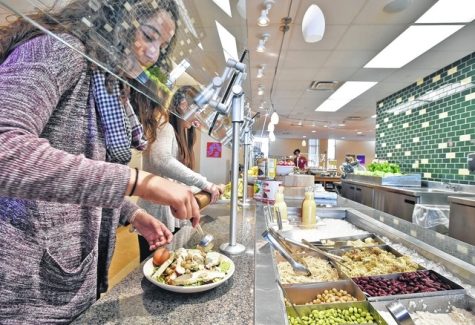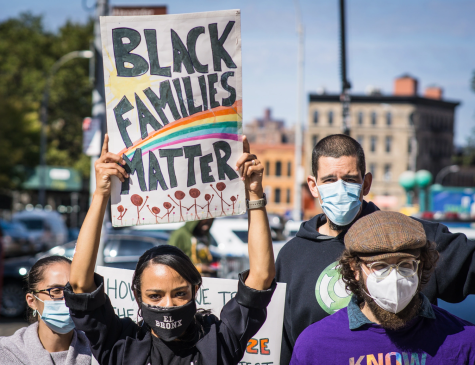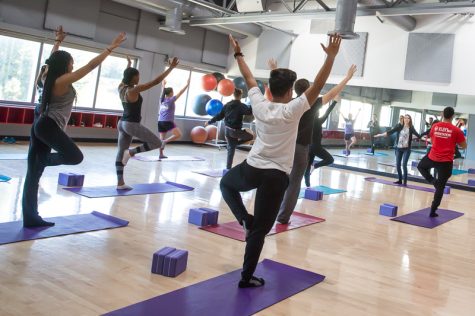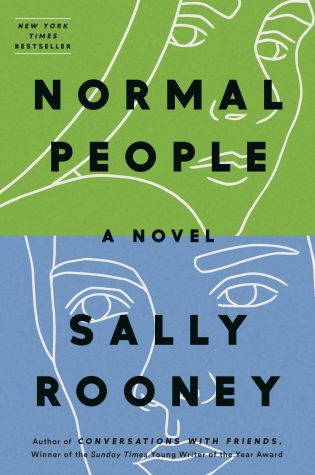Police brutality is a symptom of a larger problem
August 21, 2014
Once again, collectively as a nation, we are hyped into clamoring for the next bit of information that may or may not vindicate the usage of deadly force on an unarmed civilian.
The killing of Michael Brown, like Kelly Thomas, Eric Garner and others has once again put a spotlight on tensions in the United States between police and the marginalized people and communities that they patrol.
We currently have a problem in the United States and it is not just one of overly aggressive, racist police departments. It’s simply the symptom, a result. It’s the result of undervaluing the job of police officer as an empathetic community leader and educated pillar of respectability each one ought to be.
The undervaluing of law enforcement was clearly seen even while I attended a majority-white high school in a firmly middle class part of the East Bay. White, Black, Asian, Hispanic students, not all, vilified law enforcement.
“Pig,” “Fuck the police,” and the like fell out of students’ mouths like water. The flippant attitude towards law enforcement was simply common place. In a high school community that did not have chronic interaction with law enforcement, these slurs, although seeming misplaced, were a “rite-of-passage”: You grow up, you learn to hate cops.
A close acquaintance shared with me a story about the reaction of a little boy and his mother had to local police at a recent street festival. Upon seeing a police squad car the mother turned to her child, no older than three, and jovially informs the child “They’re gonna get you!” referring to the police. The mother and little boy scampered off hand-in-hand feigning terror in a seemingly cute mother-son experience.
The saddening result of these attitudes towards cops, is one we as a nation, provided by our corporate media, get to see up close and personal. We see it in the anguish of family members of those individuals who are allegedly shot down for a pack of swishers or while walking from the store to get skittles or loitering in the wrong parking lot.
After regular comfortable citizens collectively discredit the job of a police officer and make it known that no respectable person would become one, communities are left with inexperienced, inefficient, prejudiced, power wielding individuals enforcing the law.
We have left a vacuum within our police forces by labeling them corrupt and bigoted all the while, too often, leaving those exact personalities to fill the void.
If you haven’t had one run in with an prejudiced cop, why perpetuate the stereotype? Why not use a street fair as an educational session for you, your child and the officer?
It is an honest shame that some communities are policed by individuals who are feared rather than revered. There are officers policing these communities who are looking and are looked at with an evil eye and with citizens fearing an unequal hand of justice.
It’s ultimately up to us to reach out and encourage the brightest and bravest of our community into law enforcement to serve as a social leader. The prejudiced and aggressive will simply be our only other option with Fruitvales and Sanfords and Fergusons yet to come.















